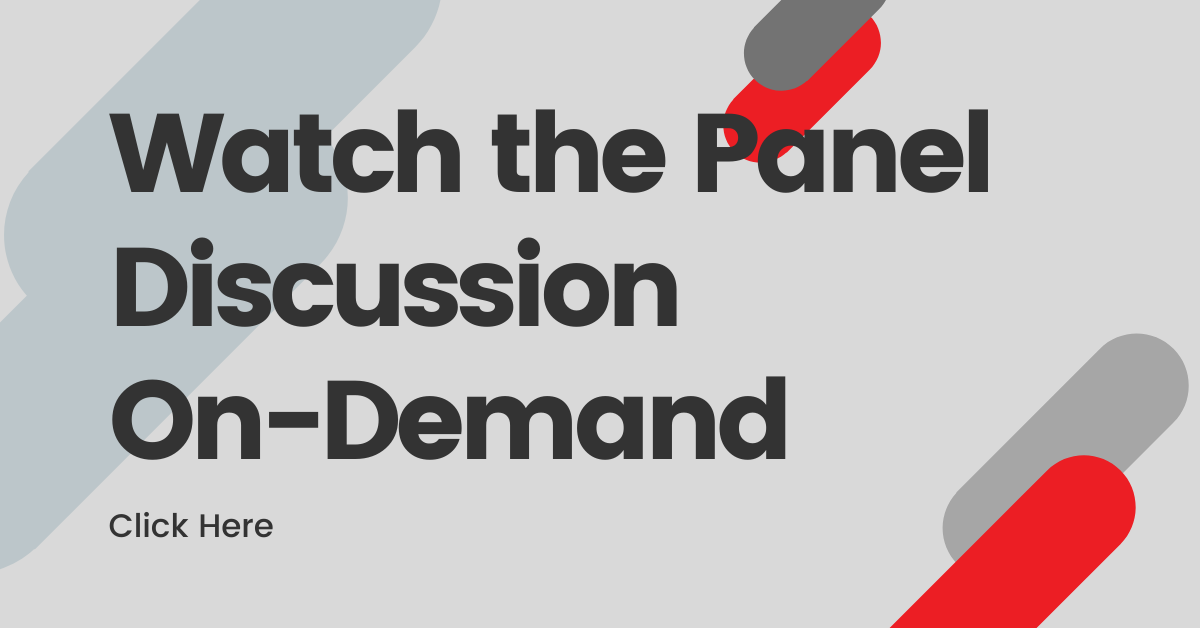2020 was undoubtedly the intersection of major health, political and social justice-related events. These life-changing crises activated wave after wave of misinformation and trolls, which, as many media professionals found, can damage the quality of human conversation within digital communities.
Recently, executives from Editor and Publisher, USA Today, Graham Media Group and Viafoura gathered together to address these concerns in a recent panel discussion on the new rules of moderation.
“Moderation’s been a big topic this year,” says Mike Blinder, the publisher of Editor and Publisher Magazine. “People are spouting off at their dinner tables, they’re spouting off at their mobile phones and they’re obviously spouting off on [media] platforms — but we need to go beyond this.”
Not only do media companies need to eliminate trolls and build trust with community members, but they also need to expand their loyal audiences and maximize revenue.
Gear up with insights and best practices on content moderation from the panel discussion to keep your media organization’s social spaces brand-safe, productive and profitable.
Setting the Stage for Ideal, Productive Discussion
In a perfect world, digital social spaces would be filled with an endless stream of engaging comments coming from multiple voices.
But not every comment is valuable, and not every commenting thread will thrive. At least not without the proper support.
It’s up to moderators to ensure that only positive comments are being surfaced. Meanwhile, media staff have the power to amplify engagement from community members. With an effective moderation system and community engagement strategy in place, media companies can begin building communities by facilitating on-topic, positive conversations.
“Once you take care of moderation well, once you engage, once you create a space where people want to come and talk about whatever they want to talk about — that’s where you’re doing your community-building,” explains Viafoura Director of Moderation Leigh Adams.
Community-Building Best Practices
Many media industry professionals still view commenting sections as spaces for toxic behavior and misinformation to take root. However, commenting spaces can be extremely useful community-building tools when managed properly.
“Just because you have a comment thread doesn’t mean you just have to hand it over to your audience and let them do whatever they want on it,” states Dustin Block, audience development lead at Graham Media. “You get to make decisions of what you’re going to allow people to share, particularly around your stories.”
Review some essential best practices for using social tools from the panel discussion to begin refining your community-building strategy:
- Don’t moderate your own platform’s comments so you can free up time for your staff to focus on creating valuable interactions with visitors.
- Tighten community guidelines to help audience members focus on producing brand-safe and on-topic conversations.
- Leverage subject matter experts, including content producers, to answer questions and encourage positive discussion from audience members.
- Anonymize names of commenters to prevent women, minority groups and people with unique names from getting harassed.
- Invite readers to participate in the content production process so they feel heard and valued.
- Invest in building audiences on your owned and operated properties instead of social media, where you have little control over data, audience relationships and revenue.
- Correct misinformation on your digital properties whenever possible to position your brand as a trustworthy resource.
- Embed comment sections around content that is likely to lead to productive social exchanges.
- Elevate model behavior in the community by highlighting positive comments, rewarding top commenters with badges, and asking specific questions you’d like community members to answer.
- Encourage participation in conversations by adding additional, exclusive story details in comment sections.
The Value of Moderated Comments
Comment spaces backed by an efficient moderation system can unleash multiple benefits for media companies.
“For every time someone posts a comment, you might have 50 people reading it… that’s where the value is,” Adams highlights.
Civil discussions can entice visitors to stay on pages longer as they read the comments, which increases the likelihood that they’ll register to interact on your website or app. That includes watching or clicking on advertisements.
The bottom line is that media companies can build stronger relationships with their visitors through moderated commenting tools, resulting in more behavioral data and increased revenue.
According to Michelle Malatais, the managing editor of consumer news at USA Today, “if we make it a worthwhile experience, and we can — we have to put staffing toward it and we have to put attention toward it — then there’s value.”
For more information, you can access the complete recording of the discussion panel here.




